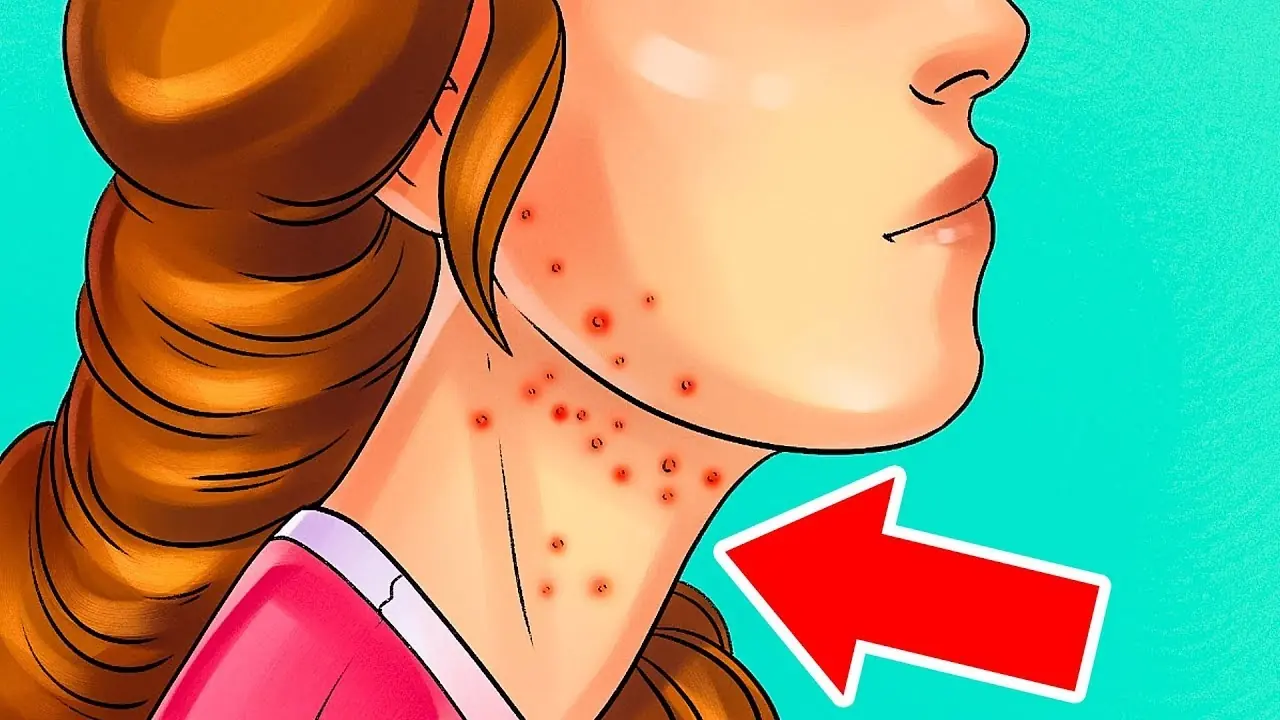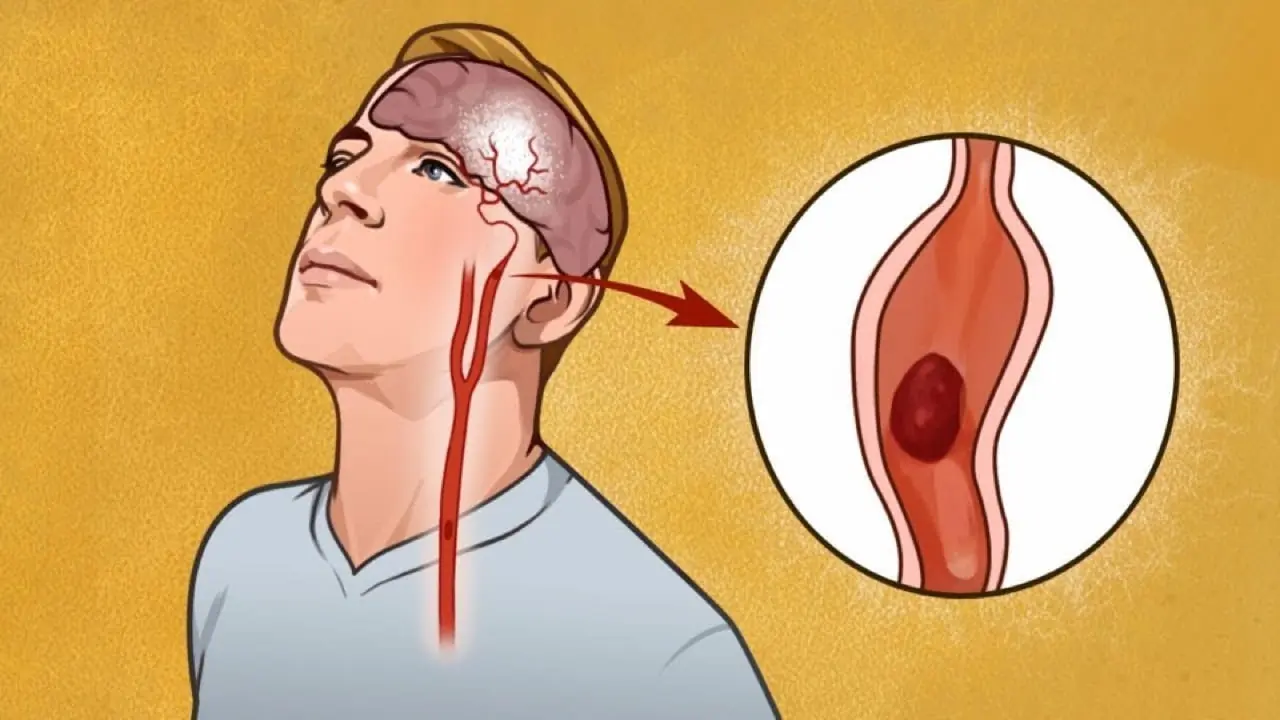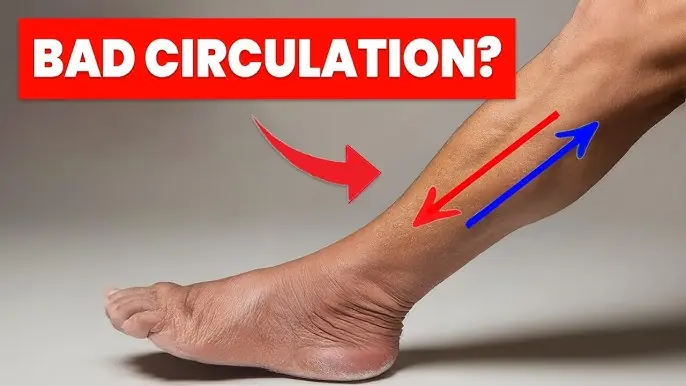
Holding Cloves in Your Mouth: A Natural Way to Relieve Toothache
For centuries, cloves have stood as one of nature’s most trusted and effective remedies for oral discomfort. This small, aromatic spice—commonly found in kitchen cabinets around the world—carries far more power than its warm, pungent flavor suggests. Many people have discovered that simply placing a few whole cloves in the mouth and gently sucking on them can bring quick, soothing, and natural relief from tooth pain.
While this may sound like a home remedy passed down from generations, modern science now confirms why it works. The secret lies in a powerful compound found within cloves: eugenol — a natural chemical known for its pain-relieving, antibacterial, and anti-inflammatory properties.
🦷 Why Cloves Work for Toothache Relief
Cloves aren’t just a spice — they’re a natural anesthetic and antiseptic. The primary compound in cloves, eugenol, acts similarly to a mild numbing agent. When placed near an aching tooth, eugenol is slowly released, penetrating the surrounding gum tissue and dulling the pain by numbing nerve endings.
But that’s not all. Eugenol is also:
-
Antibacterial – Helps kill harmful bacteria that may be causing or worsening tooth infections.
-
Anti-inflammatory – Reduces swelling and inflammation around irritated gums or minor abscesses.
-
Antifungal – Can help protect against fungal infections like oral thrush.
Together, these benefits make cloves one of the simplest, safest, and most accessible remedies for short-term dental relief — especially in situations where immediate professional care isn’t available.
🟤 How to Use Whole Cloves for Toothache Relief
Don’t have clove oil? Whole cloves can still provide excellent results. Here’s a step-by-step guide to using them safely and effectively:
✔️ What You Need:
-
2 to 5 whole, unbroken cloves
🧾 Instructions:
-
Select good-quality cloves
Choose whole, firm, and aromatic cloves. Avoid ones that are brittle, dry, or broken. -
Place them near the painful tooth
Gently tuck the cloves between your cheek and gum, positioning them close to the aching area. -
Suck on them slowly
Allow your saliva to soften the cloves. This gradually releases their healing oils into your mouth. -
Gently chew once softened
Lightly crush the cloves with your teeth to release more eugenol. Be careful not to swallow. -
Keep them in for 10–15 minutes
You should begin to feel a numbing sensation and pain relief within minutes. -
Spit them out and rinse
Use warm water to rinse your mouth and remove any residue.
📌 Tip: You can repeat this 2–3 times a day depending on pain levels. It’s especially helpful before bedtime to allow for restful sleep.
🧴 Homemade Clove Oil Remedy

For a more targeted and potent approach, try making your own clove oil at home. It’s easy, cost-effective, and can be stored for future use.
🧪 Ingredients:
-
2 tablespoons of olive oil or coconut oil
-
1 teaspoon of ground cloves (or 4–5 crushed whole cloves)
🧑🍳 How to Make:
-
Mix the cloves and oil in a small glass container.
-
Let it sit for 24 hours at room temperature.
-
Strain the mixture to remove solid particles.
-
Store the infused oil in a tightly sealed glass jar.
🩹 How to Use:
-
Dip a clean cotton ball or swab into the oil.
-
Gently apply it to the painful area for 5–10 minutes.
-
Rinse your mouth with warm water after use.
🧊 Storage Tip: Keep the oil in a cool, dry place — it will stay effective for several weeks.
🌿 Other Oral Health Benefits of Cloves
Cloves aren’t just helpful for toothaches — they’re also a powerful ally in daily dental care. Incorporating clove or clove oil into your oral hygiene routine can:
-
Freshen breath naturally by killing odor-causing bacteria.
-
Soothe sore gums and reduce inflammation from mild irritation or gingivitis.
-
Prevent cavities by slowing bacterial growth that leads to tooth decay.
-
Heal mouth ulcers or small cuts in the mouth.
-
Support overall gum health and improve oral immunity.
📌 Add a drop of clove oil to your toothpaste or mix it into your mouthwash for enhanced daily protection.
⚠️ Important Precautions When Using Cloves
While cloves are generally safe, there are a few important safety notes to keep in mind:
-
Never swallow whole cloves or clove oil. They can be irritating to the digestive tract.
-
Do not use undiluted essential clove oil directly in your mouth. It is highly concentrated and can cause burns or irritation.
-
Children and pregnant women should only use clove-based remedies under the guidance of a healthcare provider.
-
Temporary relief only. Cloves can ease pain but do not treat the underlying cause such as infections, cavities, or abscesses.
💡 If your toothache lasts longer than 24–48 hours, or if it’s accompanied by swelling, fever, or severe throbbing, seek professional dental care immediately. These could be signs of a more serious infection.
🌱 Final Thoughts: Nature’s Remedy, Modern Backing
Cloves have earned their place in both the spice rack and the medicine cabinet. Their remarkable healing properties — especially eugenol’s ability to relieve pain and fight infection — make them one of nature’s most effective tools for managing minor toothaches.
Simply placing a few cloves in your mouth allows their healing oils to go directly where they're needed, offering quick, natural, and non-chemical relief. Whether you use whole cloves or prepare a homemade clove oil, this remedy is a gentle and affordable alternative to over-the-counter painkillers.
However, it’s crucial to remember that this is not a cure, but rather a first-aid option. Dental issues should always be followed up with professional treatment to avoid complications.
📝 Disclaimer
This article is for informational purposes only and does not replace medical or dental advice. Clove-based remedies can offer temporary relief but are not a substitute for proper diagnosis or treatment by a qualified dentist.
News in the same category


Alarming Study Links Eating Ramen Often to Early Death

This is what happens to your body if you eat eggs for breakfast.

This may be the first sign of Alzheimer’s

3 types of cheap vegetables in the market help treat melasma effectively: Crush them and apply them to your face to see

10 Warning Signs Your Liver is Overloaded with Toxins Don’t Ignore These!

Doctors Urge: Don’t Ignore Unexplained Bruising These Hidden Reasons Could Be the Cause

Struggling to Sleep? A Famous Doctor’s 60-Second Trick Could Change Your Nights Forever

10 Urgent Warning Signs You’re Eating Too Much Sugar

Doctor has message for anyone who wakes up between 2am and 3am

5 Hygiene Mistakes that Many People Make…

What Really Happens When You Drink Coffee Every Morning

Warning Signs of Poor Blood Circulation You Can’t Afford to Miss

Eat THIS Daily to Keep Your Arteries Clean and Your Heart Healthy

Dates: The Single Food for Heart Attack, Hypertension, Stroke, and Cholesterol

Drink This 1 Cup to Improve Blood Flow and Circulation in Your Legs & Feet

Doctor Reveals 5 Powerful Snacks That Help Your Body Fight Cancer and Disease

The 3:3:10 Method: 3 Exercises to Improve Leg Circulation

Avoid ginger if you have these 5 health problems..
News Post

Bananas that are ripe and turn black are thought to be thrown away, but unexpectedly are a nutritional "treasure" that few people know about

Great tips for the bathroom: Disposable masks can 'eliminate' bad odors, making the space surprisingly clean and fragrant

Powerball Winner Turns $2 Billion Fortune Toward Rebuilding Fire-Ravaged L.A. Homes

The Astonishing Claim That Humans Might Be Built for 20,000 Years

Save this for when you need it: How to cure 46 diseases with medicine-free tips

The Dying Lions of Khartoum: A Cry for Compassion Amid Collapse

The Gentle Embrace: A Baby Elephant’s Heartfelt Hug.

Why do gourmets always choose places with lots of leftover tissues when eating out?

Signs Your Adult Child May Resent How You Raised Them

Full Circle: The Boy Who Saved the Woman Who Once Saved Him.

What’s the Reason Behind Painting Trees White?

When ants randomly crawl into the house, here's what the Universe is trying to tell you

‘This Is Why They Mad’: Angel Reese’s Runway Debut Triggers Supporters to Clap Back After Trolls Claim Victoria’s Secret Has ‘Lowered Its Standards’

Don't throw away leftover lemon peels in the kitchen, keep them for 5 great benefits

We were wrong to gradually move away from lard

Insert a cotton swab into a bottle of essential oil and place it anywhere for good results.

39 Year Old Dr. Jermaine Whirl Named President of Savannah State, Becoming Youngest HBCU President in History

Moldy wooden cutting boards, can only be thrown away after washing with soap: Pour this on for 5 minutes and the cutting board will be as clean as new.

A Dad Painted His Daughter as Mona Lisa and Her Reaction is Priceless
